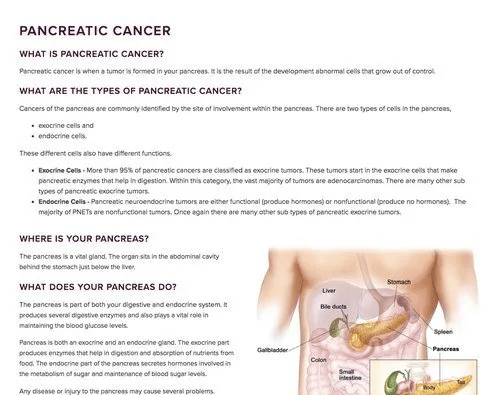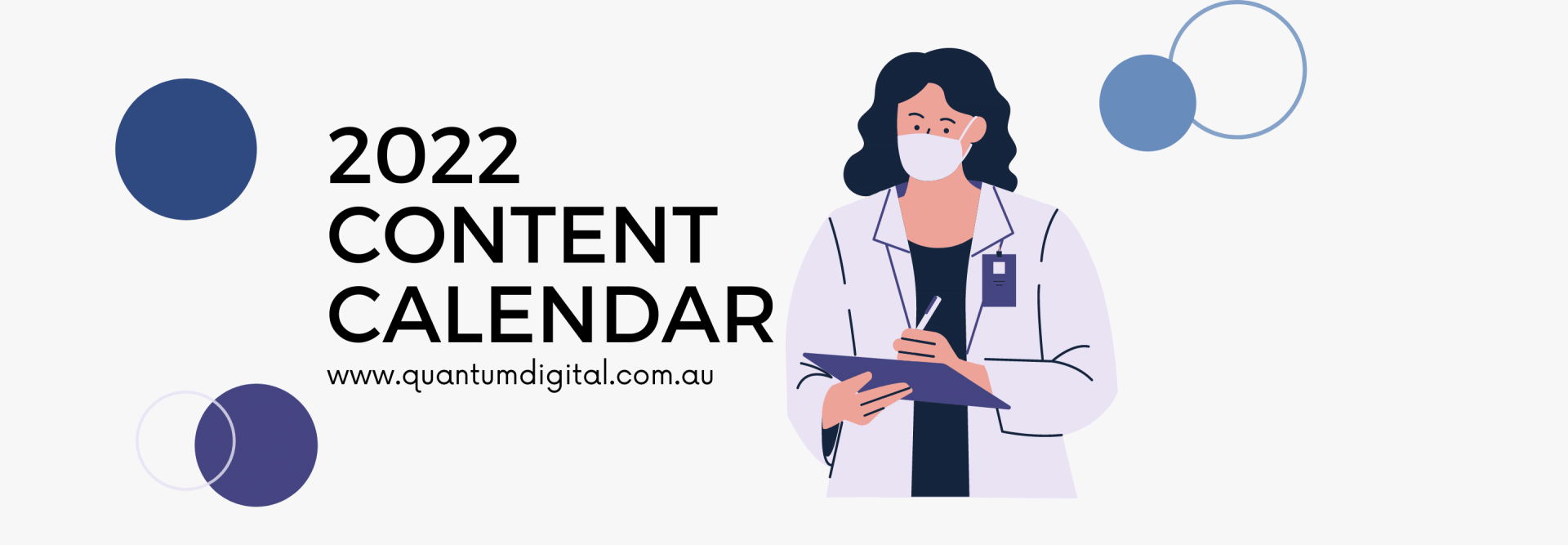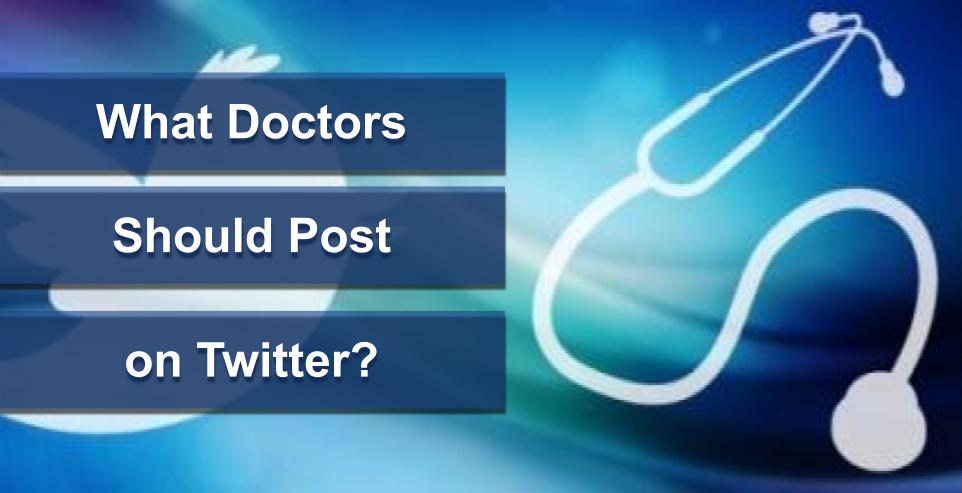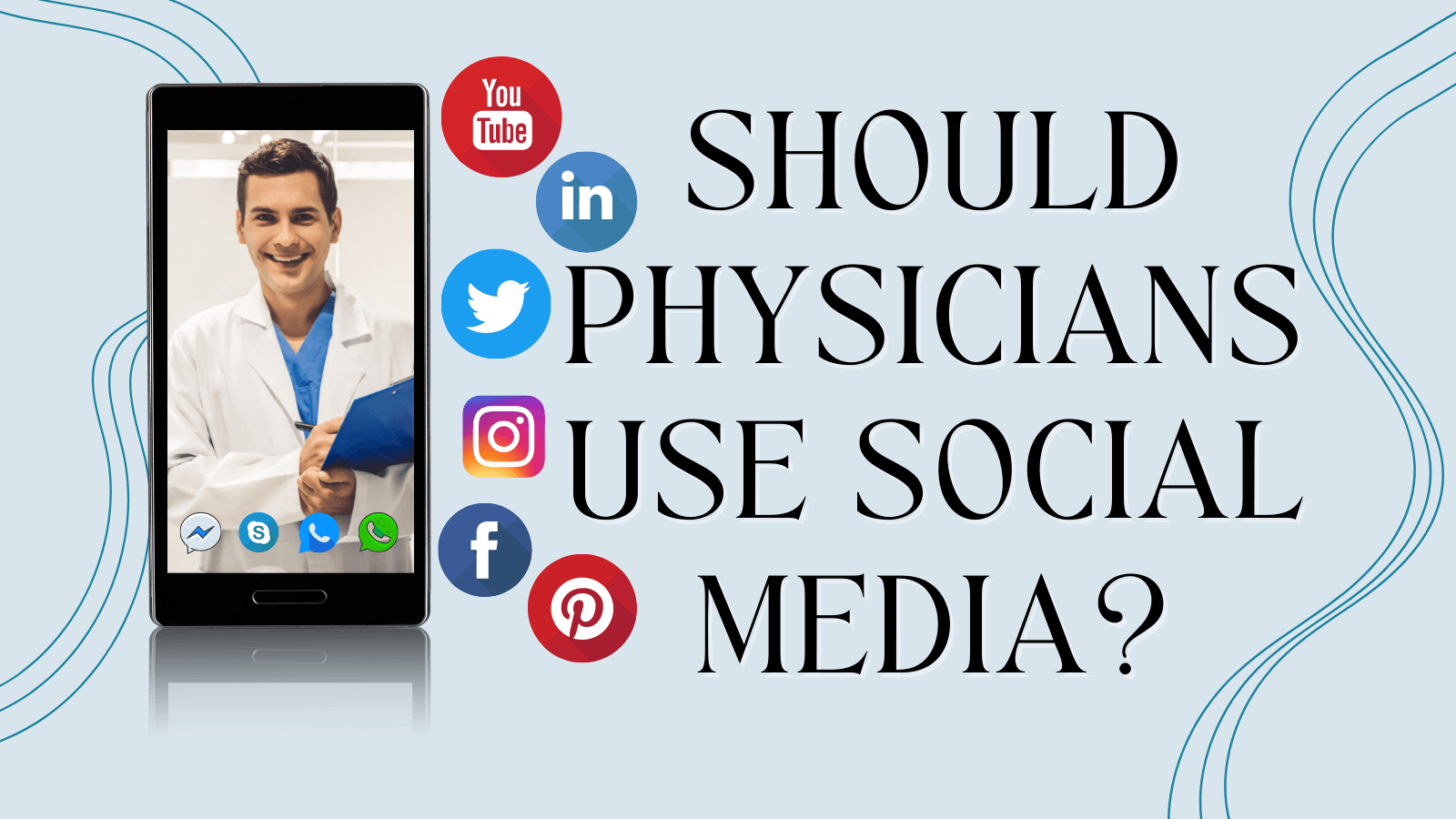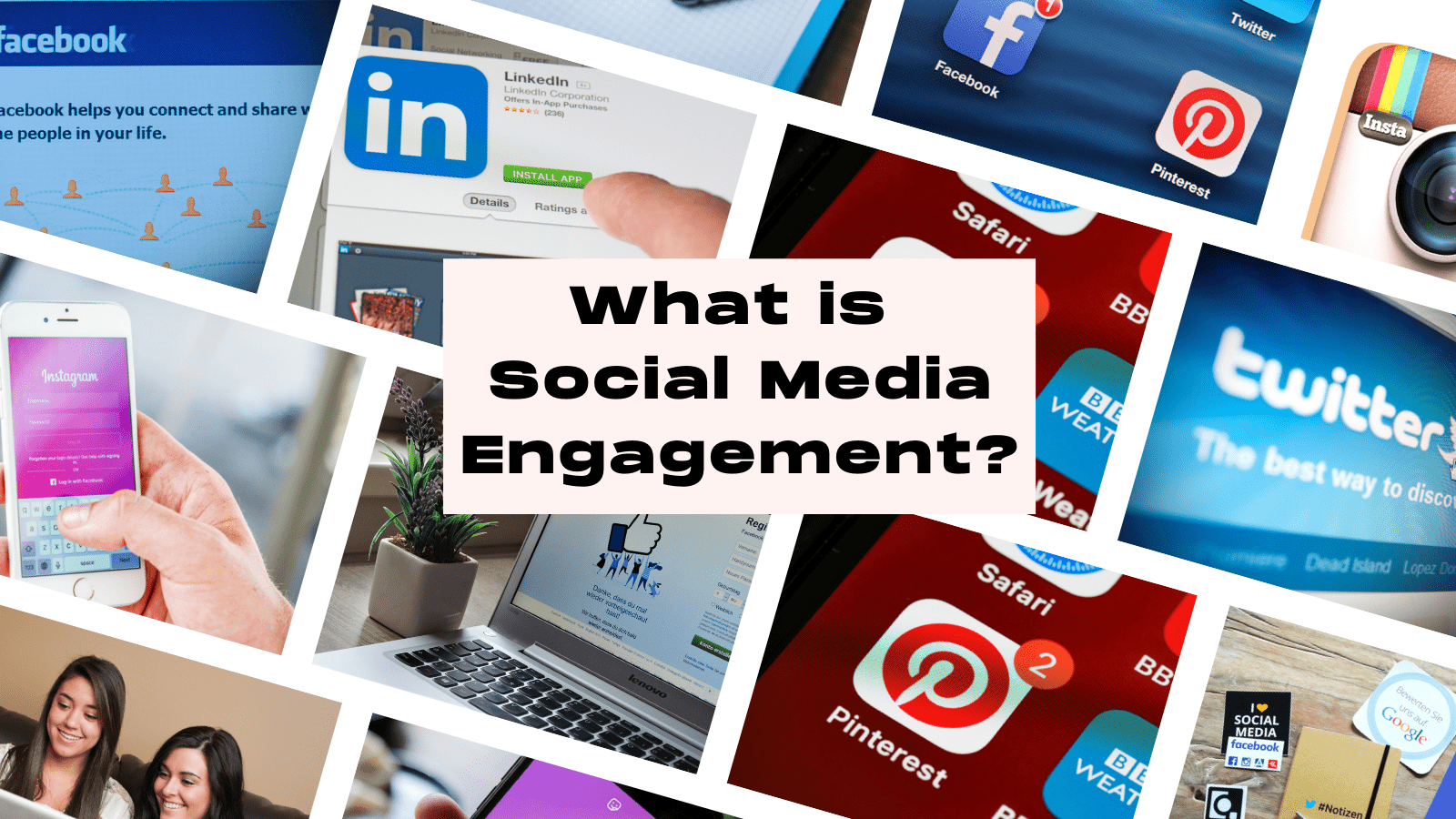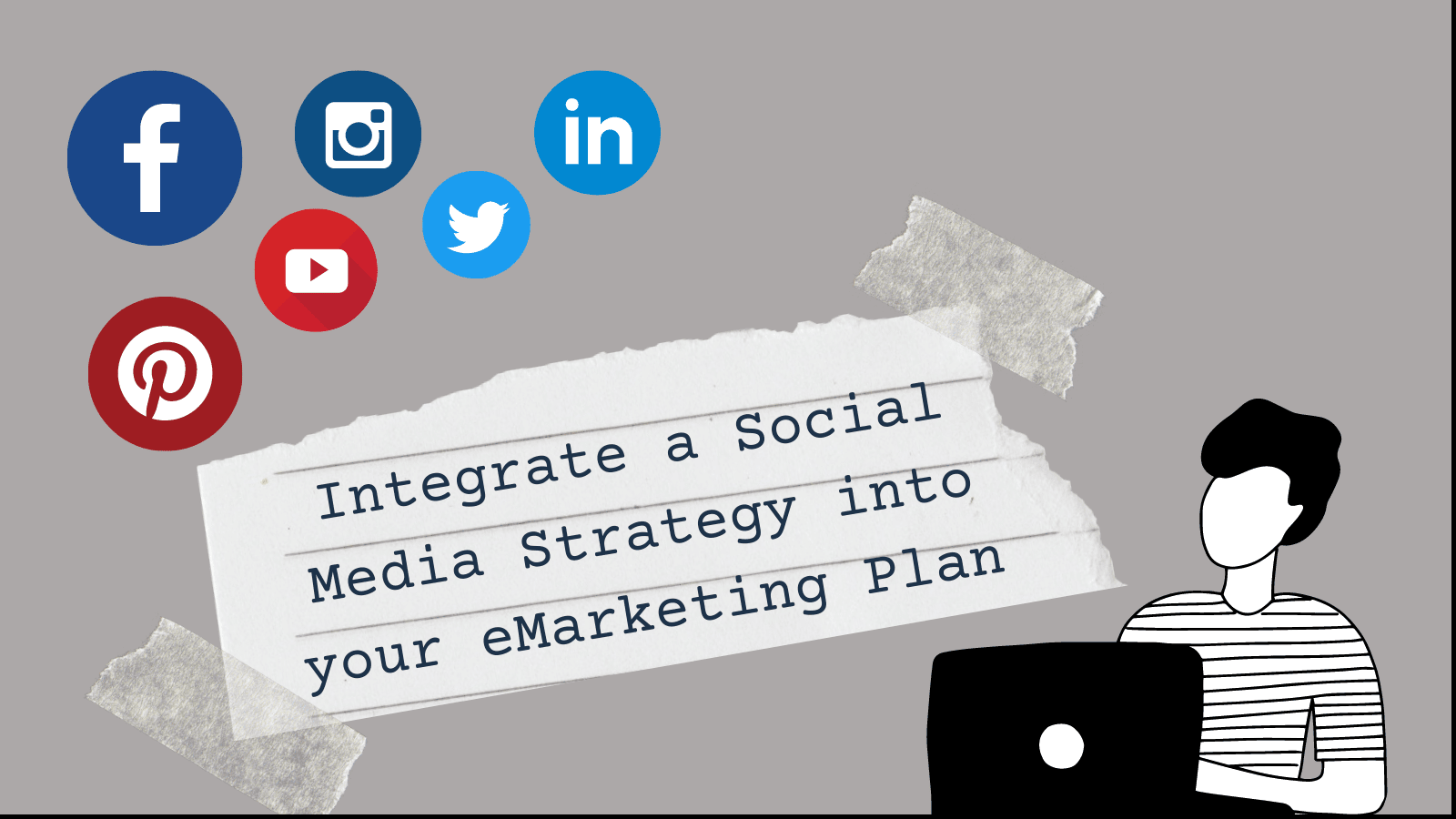Medical Content Benefits
What Google Wants ...
"to help and answer searchers' questions"
Google searchers are your prospective patients, and by helping Google's searchers answer their questions Google will serve your page more.
Therefore your content is important and in order for your website to be optimised for both your Target Patients, and Search Engines, your Content standard needs to be high. Google ranks your pages and website’s worthiness by evaluating each page's quality, value and ranking signals.
Why Medical Content Is Important?
Content signals that drive SEO can get quite complex but include:
- Content Keywords, Synonyms & Intent Matching
- Topic associations and co-occurrences (e.g. “best” could be associated with healthy, nutritious, low fat or a kcal count)
- Audience - words, sentences, and paragraphs need to match the target's reading level
- Page Structure & Flow - Headlines, sub headlines (H1, H2, H3’s) are evaluated keenly and need to match the first three points well
- Tagging, Anchors and Links:
- Content - Length and Comprehensiveness needs to be suitable for the topic, and does it answer the patients' questions
- Supporting non-text content - like Video, Diagrams, Audio, Interactive Tools and Calculators, Comparison Tables, GIFs is also significant
- Google Trust - Google’s algorithms seek to measure the trustworthiness of your website. They look for accuracy and validation signals.
For health terms the YMYL Factor is important (your money or your life) and topics need to be accurate and comprehensive.
Types of Content
For medical content searches, Google categorises credibility higher.:
Clinical Content
- Conditions
- Diagnosis
- Treatments
- Medical Questions (some examples)
- Patient Journey or Care Plans
- How-to Guides
- Case Studies or Before & After
- Comparison Tables
- Choices Explained
- Clinic Tour
Non Clinical Content (basic some examples)
- About
- Profiles
- First Visit
- Contact
- For Referrers
About Content for Doctors
Effective Medical Website
Content should be:
- Drafted for the public to understand,
- Complete and accurate without gaps,
- Logically structured for Google optimisation,
- Easy to navigate and find useful information,
- Keyword Focused,
- Address patients questions, and
- Quick to read on a mobile device
All Medical Website Content
Should be
- Structured & Optimised with H-Tags & Links,
- URL, Meta, Page Description Keyword Targeted, and
- Elements are optimised naming, Alt Tags, and Sizing.
The Best Medical Content Method
Your website content should be structured to address most of these critical keyword related questions.
What is the Problem?
Create a logical way to address visitors questions:
- What is 'your condition' or problem
- Common Terms - does the problem have common names
- Who does it affect - who is at risk or who most commonly are affected
- Anatomy - where & how does 'your condition' affect your anatomy
- Causes - what are the causes of 'your condition'
- Impact - how do the 'your condition' affect your health (eg: pain)
- Symptoms - what signs or pathology is evident with a 'your condition'
- Types - what are the types of 'your condition'
- Stages - what are the stages of 'your condition'
- Untreated - what are the consequences if not treated
- What Next - how and why take action
So well structured content looks like this->
What is the Solution is?
Then help them understand your service
- What treatment or solutions offered? name and description
- Why, overview specific approach for the condition
- Outline features and benefits
- Procedure - detail specific steps
- Preparation - advise on any pre-surgery preparation
- Post-op - immediately after surgery then stages of recovery
- Care Plan - describe multidisciplinary care approach & plan
- Outcomes - answers what the patient should expect
- Downtime - answers lifestyle or off work duration
- Prognosis - reviews likely outcome and risks
- Costs details - costs and funding options
- Other issues: research, links, videos, case studies etc
- What options or alternative treatments are available
Extra Medical Content Fees
The agreed page count is included in your website development agreement for extra content the following applies
| Service | Set Up (inc GST) | Support Fee |
|---|---|---|
| Agreed pages | included | n/a |
| 1 Page (800 words) | $341 | n/a |
| 5 Pages | $341 | n/a |
| 10 Pages | $616 | n/a |
Each content submission includes three submissions & two redrafts.
Content Terms
Three submissions & Two redrafts, All content requires client review, commentary or acceptance and Delays in response time longer than 30 days after submission can incur extra fees






